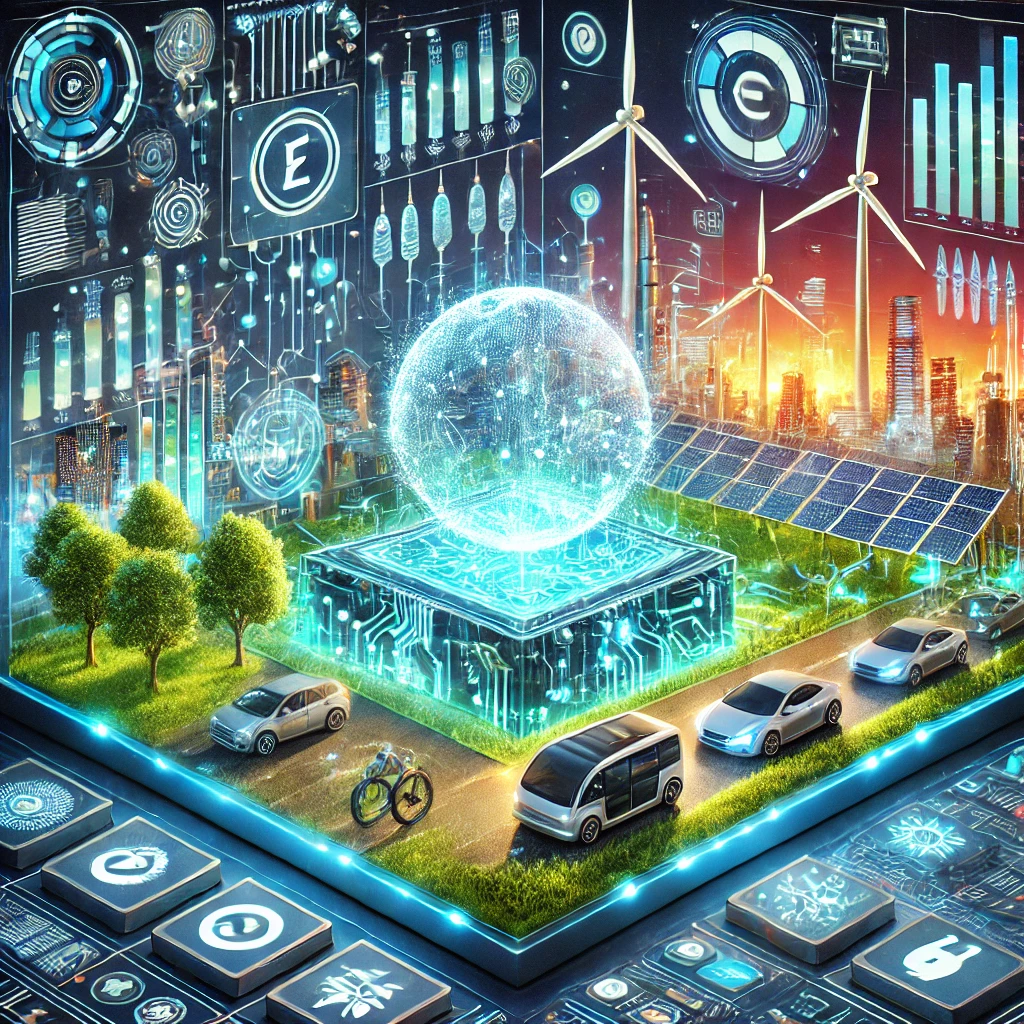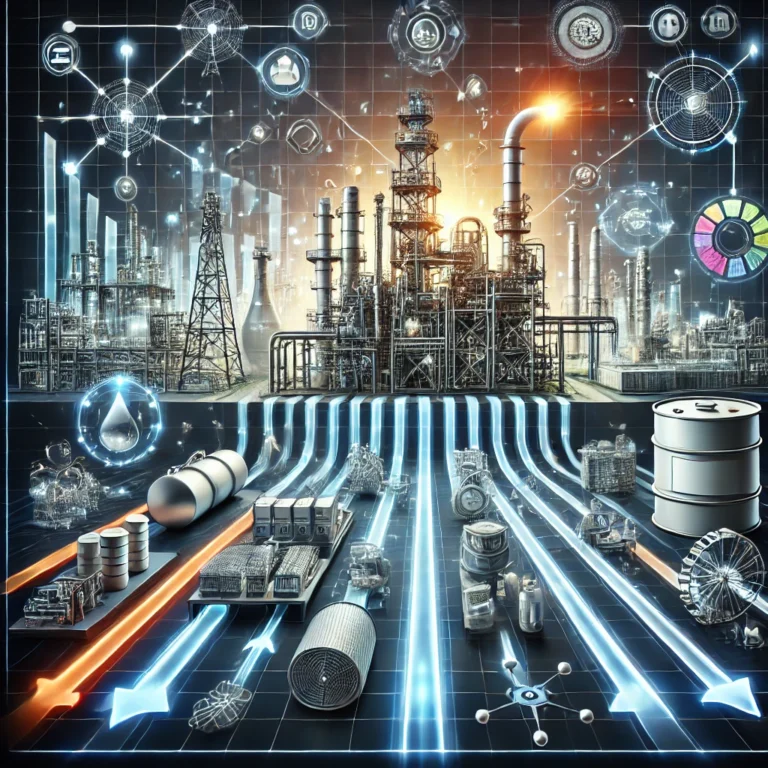Introduction:
The power industry is a vital component of any country, responsible for supplying energy to industries, homes, and public facilities. With the advancement of modern technologies, the way electricity is produced, distributed, and consumed has undergone significant changes. Innovative technologies in the electricity industry not only help optimize energy consumption but also increase efficiency, reduce costs, and facilitate access to clean and renewable energy sources. This article discusses some of the innovative technologies in the electricity industry and their impacts.
1. Renewable Energy and Related Technologies
The use of renewable energy sources such as solar, wind, and hydroelectric power is one of the most significant developments in the electricity industry. These sources not only help reduce environmental pollution but also provide a sustainable energy supply for the future, reducing dependence on fossil fuels.
Key Technologies in Renewable Energy:
- High-Efficiency Solar Panels: Advanced solar panels can produce more energy and perform better in various environmental conditions.
- Advanced Wind Turbines: New wind turbines are designed to generate power at lower wind speeds, improving efficiency.
- Modern Hydroelectric Plants: New technologies in dam construction and hydroelectric plants increase electricity generation capacity and improve system efficiency.
2. Smart Grids
Smart grids use digital systems and communication technologies to manage and monitor electricity flow across the grid. These grids offer real-time monitoring, fault detection, and optimization of energy consumption. Additionally, smart grids can encourage consumers to participate in demand management and reduce energy use during peak times.
Features of Smart Grids:
- Energy Demand Management: Smart systems automatically reduce energy consumption during peak demand periods.
- Real-Time Fault Detection and Correction: Problems and faults in the grid are quickly identified and addressed.
- Integration with Renewable Energy Sources: Smart grids can automatically inject energy from renewable sources into the grid.
3. Internet of Things (IoT) in the Electricity Industry
The Internet of Things (IoT) involves using devices and sensors that can communicate with each other and with the power network. This technology allows for more precise monitoring and management of equipment and energy consumption. Through the use of IoT in the electricity industry, issues can be predicted and preventive actions can be taken to improve network performance.
Benefits of IoT in the Electricity Industry:
- Predicting Failures and Issues: IoT can accurately predict which equipment may fail, preventing unexpected breakdowns.
- Optimizing Energy Consumption: By collecting data from various sources, energy consumption can be managed intelligently.
- Reducing Costs: IoT can improve the efficiency of electricity systems and reduce operational costs.
4. Energy Storage Systems
Energy storage is an innovative technology, particularly important in combination with renewable energy sources. Using energy storage technologies, energy generated during low-demand periods can be stored and used during times of high demand.
Benefits of Energy Storage:
- Grid Stability: Energy storage ensures a stable supply of electricity during peak demand or fluctuations in production.
- Supporting Renewable Energy: Stored energy can be effectively used when renewable energy production decreases (such as at night or on cloudy days).
- Reducing Production Costs: By storing energy when production costs are low, overall electricity system costs can be reduced.
5. Blockchain in the Electricity Industry
Blockchain is an emerging technology that can be applied in energy management and electricity distribution in power grids. This technology enables the creation of secure, transparent, and immutable systems for energy transactions, particularly in areas like energy trading and renewable energy certification.
Benefits of Blockchain in the Electricity Industry:
- High Security: Energy transactions are securely and transparently recorded with no possibility of tampering.
- Transparency in Energy Trading: Blockchain allows full traceability and transparency in energy trade processes.
- Smart Contract Management: Blockchain enables the creation and execution of smart contracts in the electricity industry, which automatically carry out agreed actions.
Conclusion
Innovative technologies in the electricity industry enable the optimization of energy production and distribution while helping to better manage energy consumption and resources. By utilizing renewable energy, smart grids, IoT, energy storage, and blockchain, the electricity industry can increase its efficiency and move towards sustainable development. The adoption of these technologies is especially important in addressing global challenges such as climate change and the need for clean energy.




